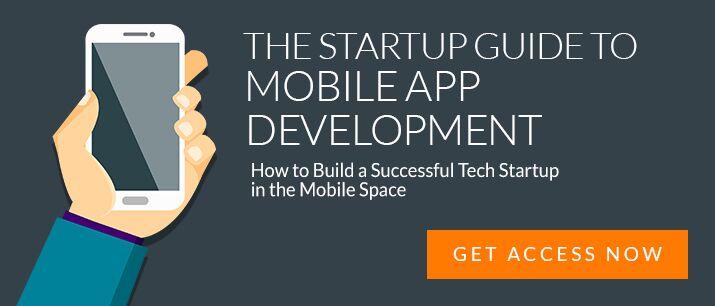Mobile Websites, Cross Platform, Native Applications…Which One is Right For Me?
There’s literally hundreds of arguments going on on-line right now about this topic and a lot of confusion being created as a result.
I want to explain in simple terms what the difference is between a Mobile Website, Cross Platform Apps and Native Applications, and how they may apply to you as a mobile app developer.
What’s the difference?
A mobile website or web app is a website that has been optimised to look like an application.
It therefore operates like a website and requires (in most cases) an internet connection to function.
Cross platform is a term used to describe an application that has been developed to work across a number of different platforms, like Android, iOS and Windows.
A native application is an application that has been specifically developed for a single platform at a time in their native code. A native app will always work faster as it runs directly on operating system.
So which one is best for you?
1. Web Application
Let’s say you are developing an app for your business.
In 95% of cases I would recommend developing a web application, unless you want to do something really funky.
The application could be developed on the cheap which is a major advantage of web apps.
Web apps have their draw-backs.
A web app is effectively a website and so it cannot be published to the app stores.
You need to provide a link from your website or set it up to automatically use the mobile version of your website if the user is accessing your website via a mobile device.
So clearly it isn’t ideal if you’re trying to develop the new Angry Birds.
Web apps are getting better but they still have limited phone functionality.
2. Cross Platform
If you’re developing a simple navigation application like a directory, etc.
I would recommend the use of a Cross Platform SDK which uses languages like C++.
Providing that the graphics are optimised for the resolution of the UI of each handset you want to develop for, this will work almost seamlessly every time.
Cross platform apps are not to be confused with web apps.
The major difference is that web apps are websites that draw information from the mobile device. They are generally a lot slower, but a lot cheaper.
Cross platform apps are popular however, similar to web apps, they are limited to functionality.
3. Native Application
If you only want the highest quality for your mobile application then you must consider developing natively.
The advantages of native development are that your application will process faster.
It runs directly on the Operating System which has many pros including full range of functionality and features.
You can still connect the app to an online database, etc. which works even better on native apps as the data can buffer in the background whilst you keep using the application, unlike Web apps that will generally need to load as it sends info backwards and forwards between the phone and the server.
Looking at popular mobile appliactions like Facebook and Uber, they are all developed natively for each platform.
At least the UI and UX is designed natively, which gives the user a much richer experience.
This is by far the best way to develop an application, hands down.
Traditionally, native development was out of reach for most people because of the excessive price-tag.
Today, native development is available to nearly everyone.
Pit-hole
It’s important that you use the right coding language because on one hand you could end up paying too much and on the other hand you may end up with a product that isn’t up to standard.
Ask for advice from an industry expert but also be aware that most app developers specialise in one area.
A web app developer is going to try to sell you on the benefits of developing a web app. And a native developer will generally promote native development.
To sum it up…
The success of a product comes down to a number of things and how it’s developed is right up there.
Using the correct processes and mobile app development techniques is an utmost priority if you want to have the best mobile apps.
And the coding language itself is a major factor in development. It’s often understated by sales people who don’t quite understand the difference.
Latest posts by Logan Merrick (see all)
- Ep 18: Collective Campus’ CEO on Intrapreneurship and Corporate Innovation - December 20, 2016
- 50 User Engagement Strategies For Planning Memorable Mobile Experiences - December 19, 2016
- Latest Data: App Monetisation Trends And Drivers 2015-2020 - November 25, 2016



